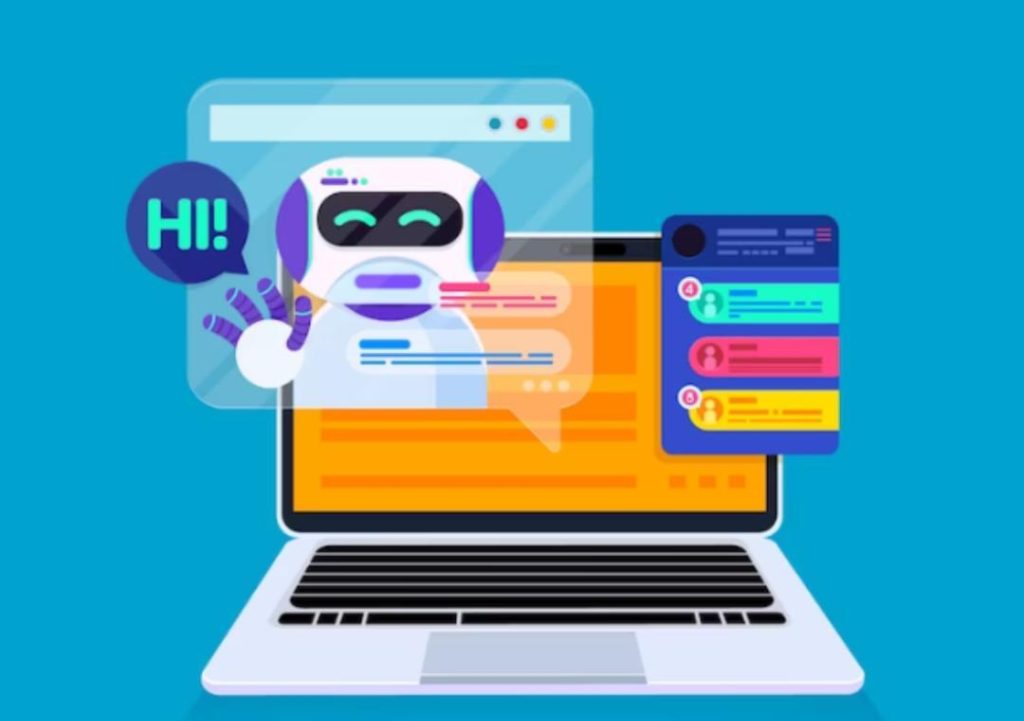
Virtual Assistants & Chatbots Power 24/7 eCommerce Support
In the world of online retail, customer support is a vital component of ensuring customer satisfaction and loyalty. With the rise of e-commerce, the need for efficient and effective support has become more pressing than ever. This is where virtual assistants and chatbots come in – AI-driven technology that is transforming the way online retailers interact with their customers.
Traditionally, customer support has been limited to set business hours, with customers forced to wait until the next business day for assistance. However, with the increasing demand for 24/7 support, businesses are turning to AI-powered chatbots to bridge the gap. These chatbots are designed to provide fast, accurate, and personalized responses to customer inquiries, making the shopping experience feel more human.
The Power of Chatbots
Chatbots have been around for some time, but advancements in natural language processing (NLP) and sentiment analysis have enabled them to understand tone, urgency, and context like never before. This means that customers can now interact with chatbots in the same way they would with a human customer support agent.
With chatbots, customers can quickly find answers to common questions, such as product information, shipping details, and order status. They can also use chatbots to initiate returns, request refunds, or even track their packages. The benefits of chatbots are numerous:
- 24/7 Support: Chatbots are always available, providing customers with instant answers to their questions, regardless of the time of day or night.
- Faster Response Times: Chatbots can respond to customer inquiries in a matter of seconds, reducing the wait time for customers to receive assistance.
- Personalization: Chatbots can be programmed to understand customer preferences and tailor their responses accordingly, providing a more personalized experience.
- Cost Savings: Chatbots can help reduce the workload of human customer support agents, freeing them up to focus on more complex issues.
Virtual Assistants: The Next Level of Chatbot Technology
Virtual assistants, such as Amazon’s Alexa and Google Assistant, are taking chatbot technology to the next level. These assistants are integrated into various devices, such as smart speakers, smartphones, and tablets, allowing customers to interact with them in a more natural and intuitive way.
Virtual assistants use NLP and machine learning algorithms to understand customer voice commands and respond accordingly. They can perform a wide range of tasks, such as:
- Answering Questions: Virtual assistants can provide answers to customer questions, from product information to customer service inquiries.
- Controlling Devices: Virtual assistants can control smart devices, such as lights, thermostats, and security cameras, making it easy for customers to manage their homes and businesses.
- Making Purchases: Virtual assistants can assist customers with purchases, from ordering products to tracking shipments.
The Future of eCommerce Support
The future of eCommerce support is clear – AI-driven chatbots and virtual assistants are the way of the future. As technology continues to evolve, we can expect to see even more advanced capabilities, such as:
- Emotional Intelligence: Chatbots and virtual assistants will be able to recognize and respond to customer emotions, providing a more empathetic and personalized experience.
- Proactive Support: Chatbots and virtual assistants will be able to anticipate customer needs and proactively offer assistance, reducing the need for customers to initiate support requests.
- Integration with Other Channels: Chatbots and virtual assistants will be integrated with other customer support channels, such as social media and email, providing a seamless and omnichannel experience.
Conclusion
Virtual assistants and chatbots are revolutionizing the way online retailers interact with their customers. With their ability to provide fast, accurate, and personalized responses, they are helping businesses provide 24/7 support and reduce the workload of human customer support agents. As technology continues to evolve, we can expect to see even more advanced capabilities, making the shopping experience feel more human than ever before.
Source






